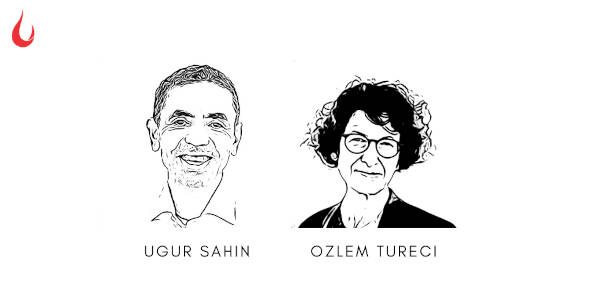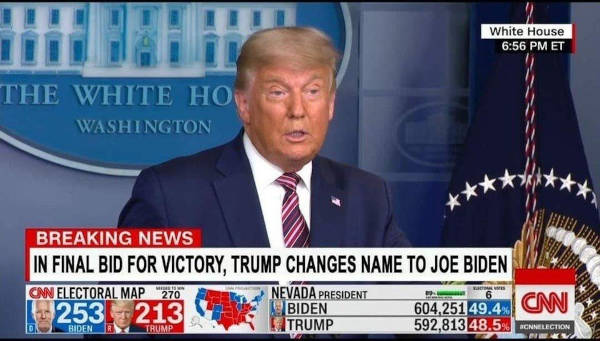[Image by Gerd Altmann from Pixabay]
Good morning,
In Conversations with Lee Kuan Yew, Tom Plate shares this snippet from his long discussion with the founding father of Singapore. It offers a way to deal with criticism in these polarized times.
“His worst American newspaper critic a decade ago was William Safire. The oddest thing in his attacks in his New York Times column on ‘Harry’ Lee (as his Anglicized given name would have it) was that Bill was not only a great admirer of Richard Nixon, as was LKY, but for a good period of time served as the late president’s ace speechwriter. Their politics were hardly dissimilar. Maybe Bill’s attacks on Lee’s social-policy harshness were driven by the need to distance himself from Watergate by taking it out on ‘The Little Hitler of Southeast Asia’, which was one of the titles of a column in the New York Times.
“So I ask: ‘And are there any particular people in the course of your life that have made you depressed, like Bill Safire?’
“Lee stares at me, then laughs lightly: ‘No, no, no. They are gadflies. I mean, they are not going to affect my work, they are not going to affect Singapore, and marginally he will turn off a few who are anyway not friendly towards Singapore, say, there you are, it was a lousy place. So?’
“You mean, you didn’t get at least irritated over being “called ‘The Little Hitler of Southeast Asia’?”
“The what?
“The Little Hitler of Southeast Asia?
“No, it’s all silly talk. Why should I be irritated with that? You know, when a man is reduced to using abuse to make his point, he’s lost the argument. That’s the first thing I learnt as a lawyer; never go down to a shouting match because then you’ve lost the argument.”
However, the most revealing part comes after Plate shares an anecdote about Safire with LKY. He tells LKY: “You know, when I started my column in the Los Angeles Times in 1995, I asked Bill to give me some advice and he said, the trick is, make sure to do a lot of reporting. He said that people are only interested in an opinion column to the extent that your opinion is informed and inspired by reporting, that you know something that’s really important that they don’t. So, after a while, noting his fierce antipathy to you, I asked him, Bill, how many times have you met LKY? And he said, well, I never have. I said, so how many times have you been to Singapore? He said, well, I never have. I said, but Bill, you’ve violated your own cardinal rule of good journalism.”
What was LKY’s reaction to this? Did LKY respond by saying, “look at the hypocrisy of my critics!”?. Did his face break into a satisfied smile? Did his eyes give out a glint of a small victory? None of the above.
Plate writes: “LKY said nothing, gazed at me, waiting for the next question.”
In this issue
- Pfizer’s new vaccine and open society
- Five things businesses can do in the present crisis
- What will Trump do next?
Have a fantastic day!
Pfizer’s new vaccine and open society
The New York Times has a profile of Dr. Ugur Sahin and Dr. Ozlem Tureci, the couple who founded BioNTech, the company behind Pfizer’s new vaccine. It has interesting nuggets of information about the couple. Sahin was born in Iskenderun, Turkey and his family moved to Cologne, Germany when he was four. Tureci is the daughter of a Turkish physician who immigrated from Istanbul. They met early in their career and went to work in their labs on the day of their wedding right after the ceremony. They made billions from the companies they founded and “live with their teenage daughter in a modest apartment near their office. They ride bicycles to work. They do not own a car.”
They are in many ways unique. Yet their story has a lesson for all countries.

NYTimes writes: “In Germany, where immigration continues to be a fractious issue, the success of two scientists of Turkish descent was cause for celebration.
“‘With this couple, Germany has a shining example of successful integration,’ wrote the conservative-business site Focus.
“A member of Parliament, Johannes Vogel, wrote on Twitter that if it was up to the far-right Alternative for Germany party, “there would be no #BioNTech of Germany with Ozlem Tureci & Ugur Sahin at the top.’ ‘If it were up to critics of capitalism and globalization,’ he added, ‘there would be no cooperation with Pfizer. But that makes us strong: immigration country, market economy & open society!’
Dig Deeper
Five things businesses can do in the present crisis
In India Development Review, Anna Warrington and Hansika Singh of Forum for the Future write about five things that businesses can do to help better systems today.

- Address the plight of migrant and informal workers: Informal workers form nearly 90% of India’s 500 million workforce, yet they are excluded from many legal or contractual protections that form a crucial safety net in times of crisis.
- Safeguard, and even uplift, regulatory norms, and standards: In recent years, labour and environmental laws and regulations have become unfortunate casualties in the race for economic progress. These have been further eroded this year.
- (Re)build trust in your workforce: Before lockdown, working remotely from home was simply not part of the working culture in India, with the exception of some tech companies. The lockdown, having necessitated online working for much of the country’s office-bound staff, has changed that.
- Invest in improving the environment: The clear skies over Mumbai and Delhi during lockdown were a telling reminder of how much human activity—and business activity above all—influences the environment we live in. Unfortunately, we can already see that familiar haze creeping back.
- Use your organisational voice to push for transformative action: Every business has the potential to move beyond its organisational boundaries to play a more proactive role in advocating change, both in governmental policy and with other organisations in their value chains
Dig Deeper
What will Trump do next?

(Via WhatsApp)
It’s a joke, of course.
Tell us what you think and find noteworthy. Head over to our Slack channel.
And if you missed previous editions of this newsletter, they’re all archived here.
Bookmark Founding Fuel’s special section on Thriving in Volatile Times. All our stories on how individuals and businesses are responding to the pandemic until now are posted there.
Warm regards,
Team Founding Fuel

